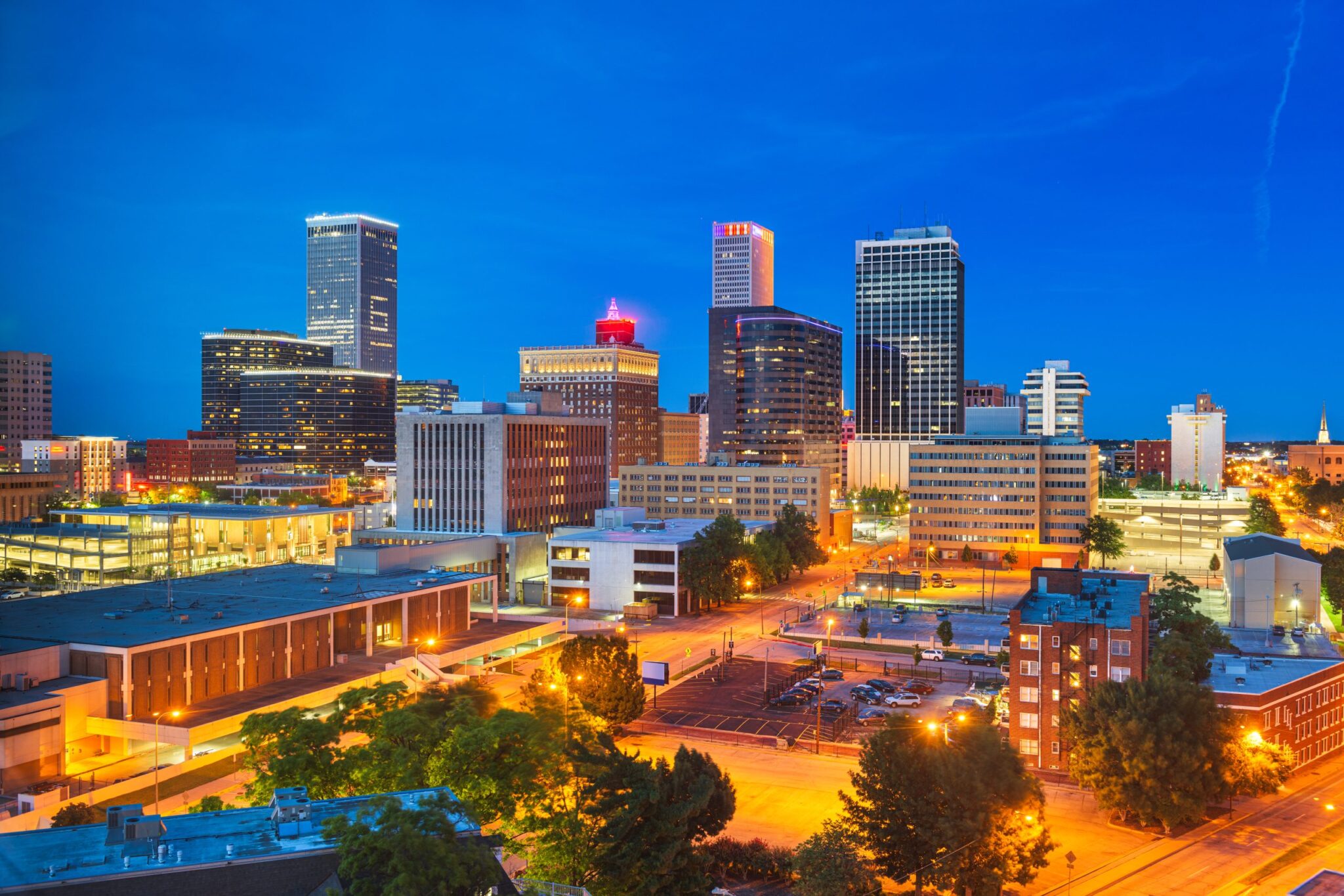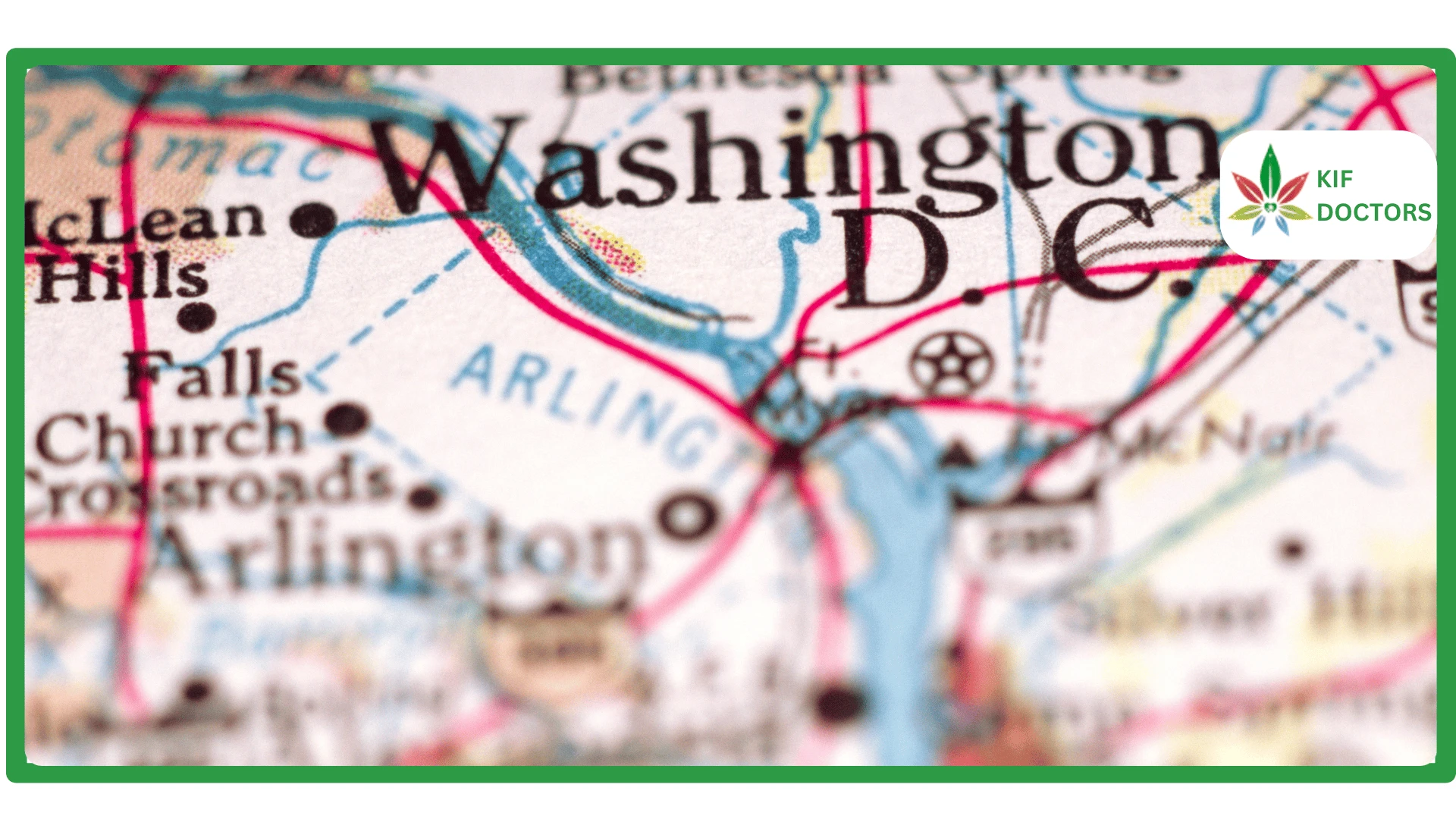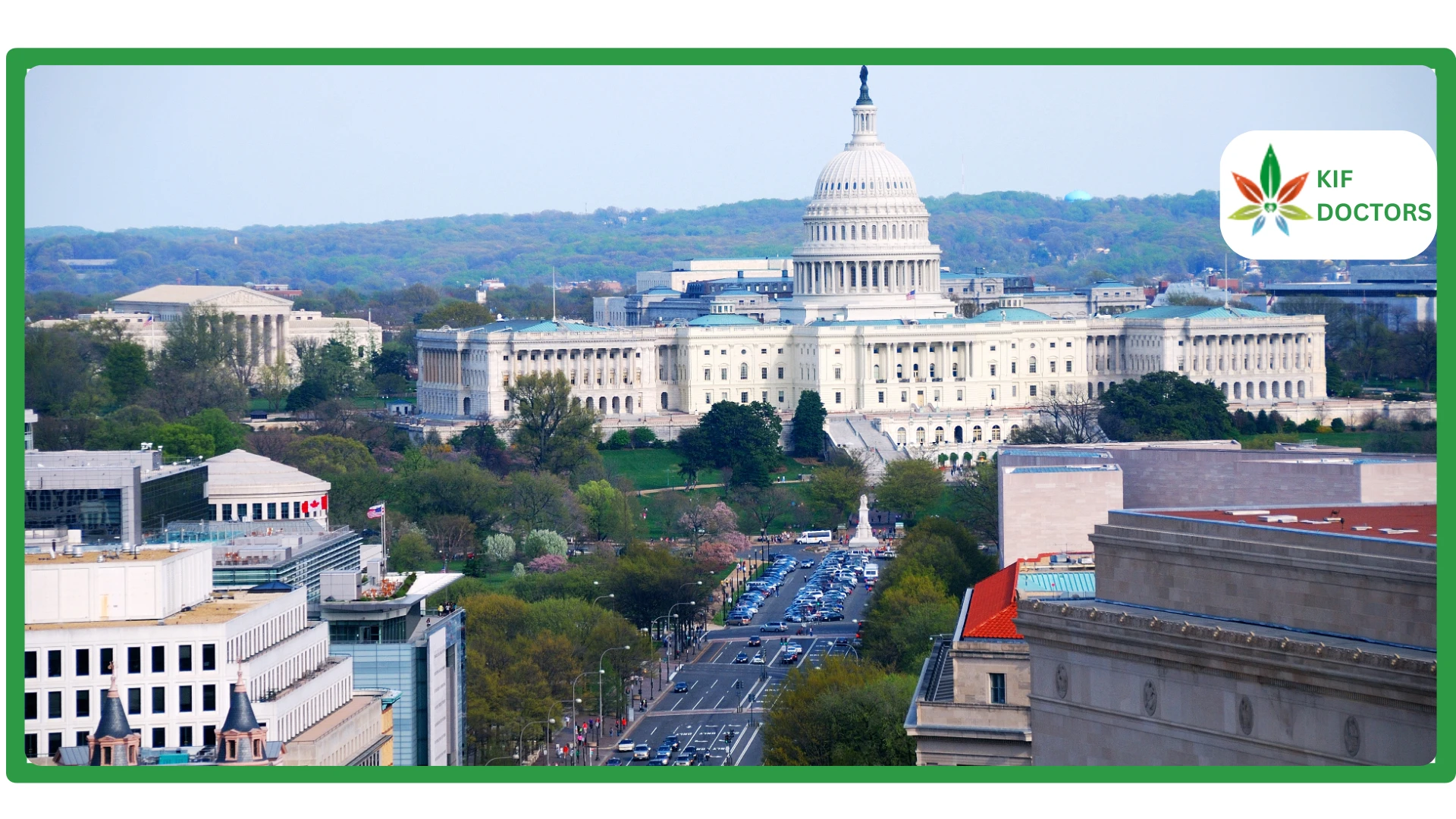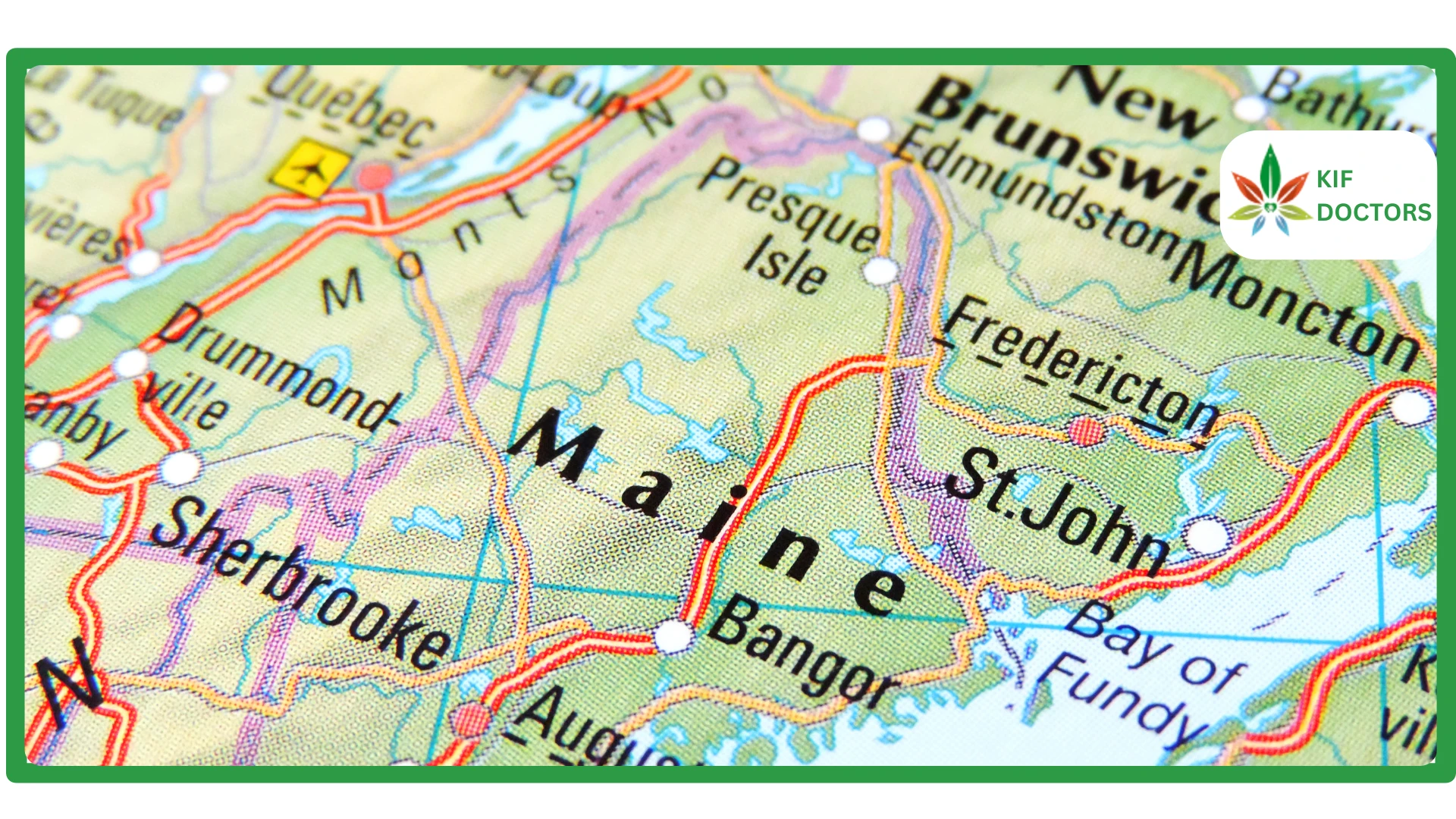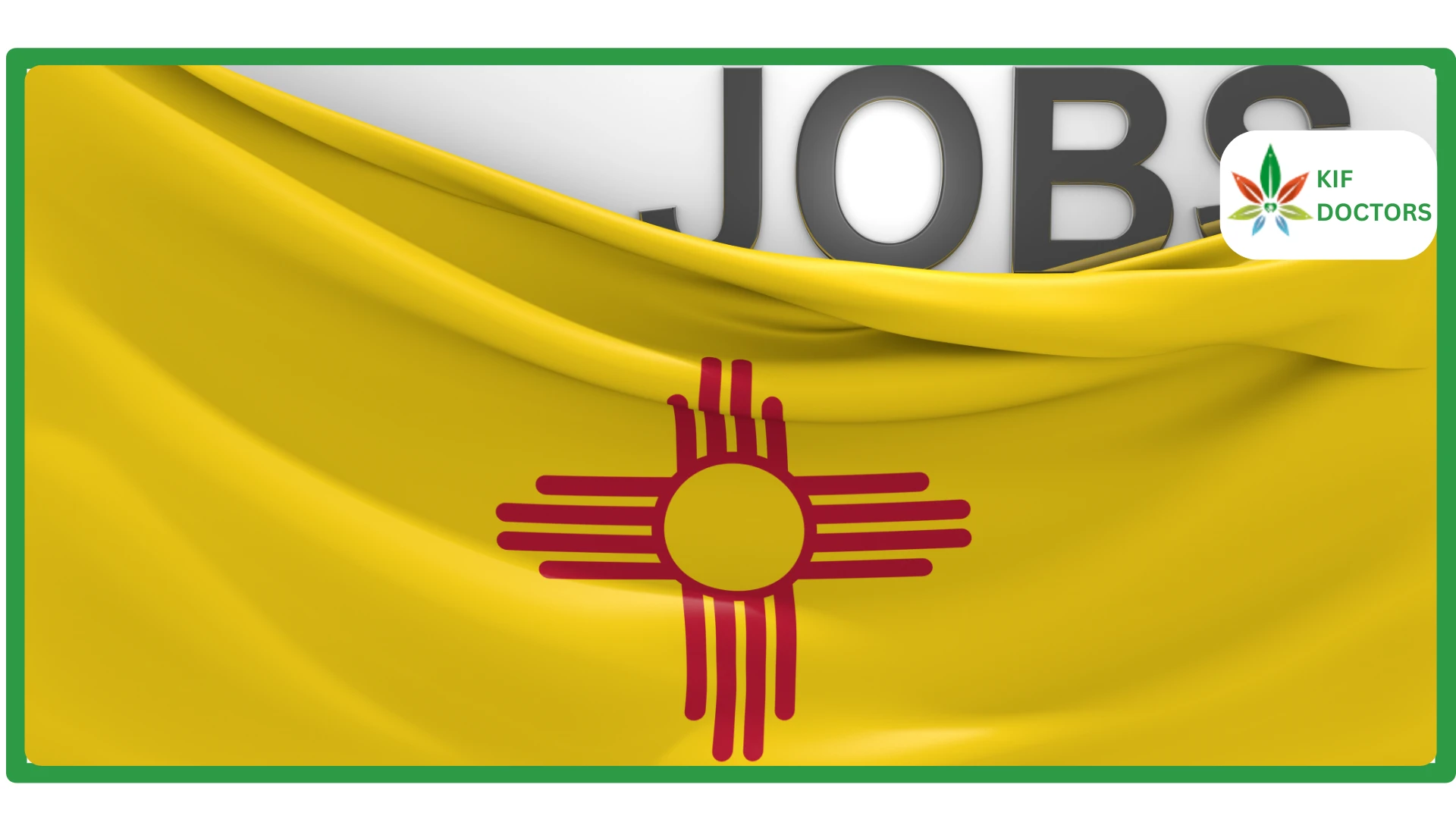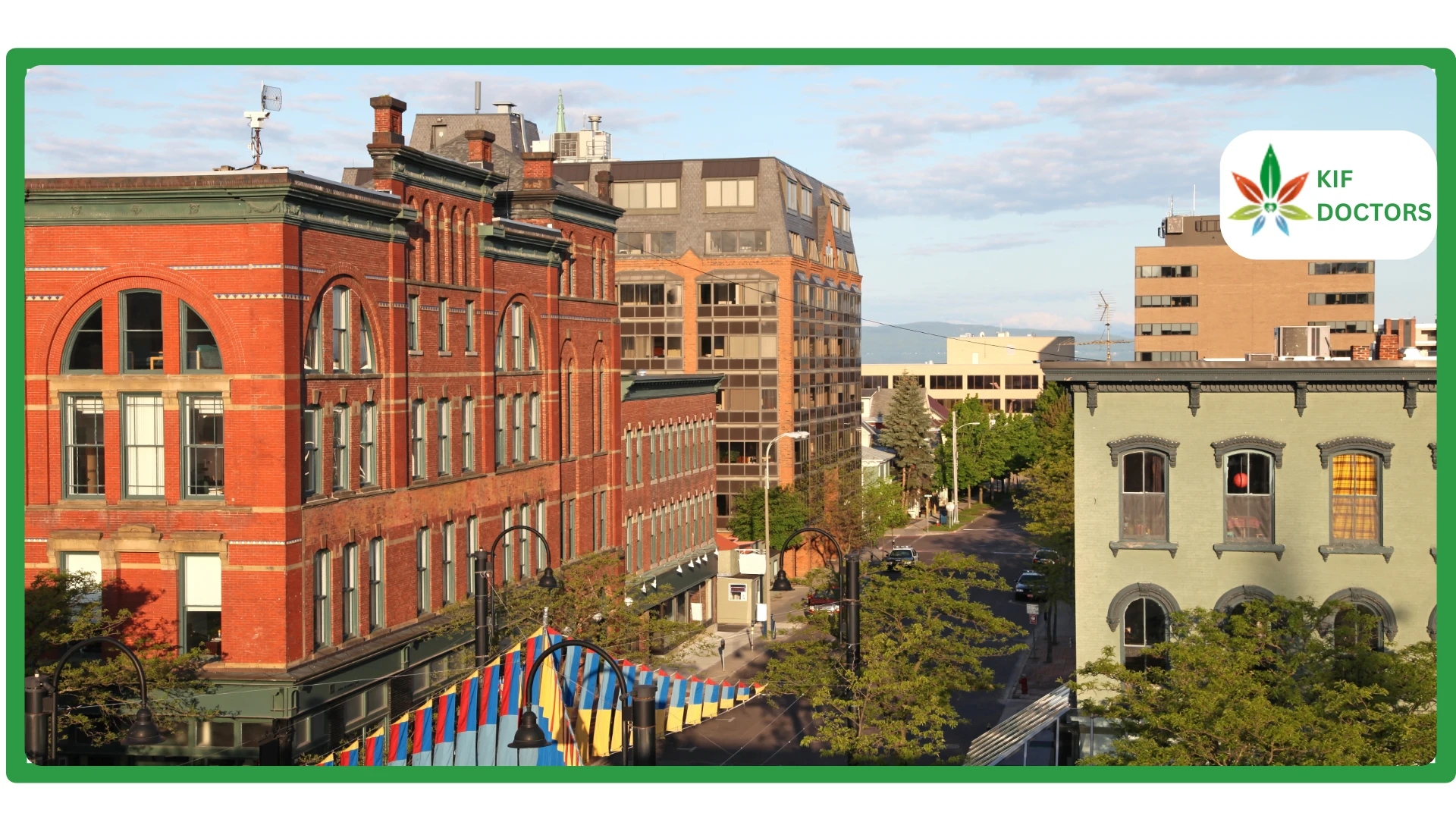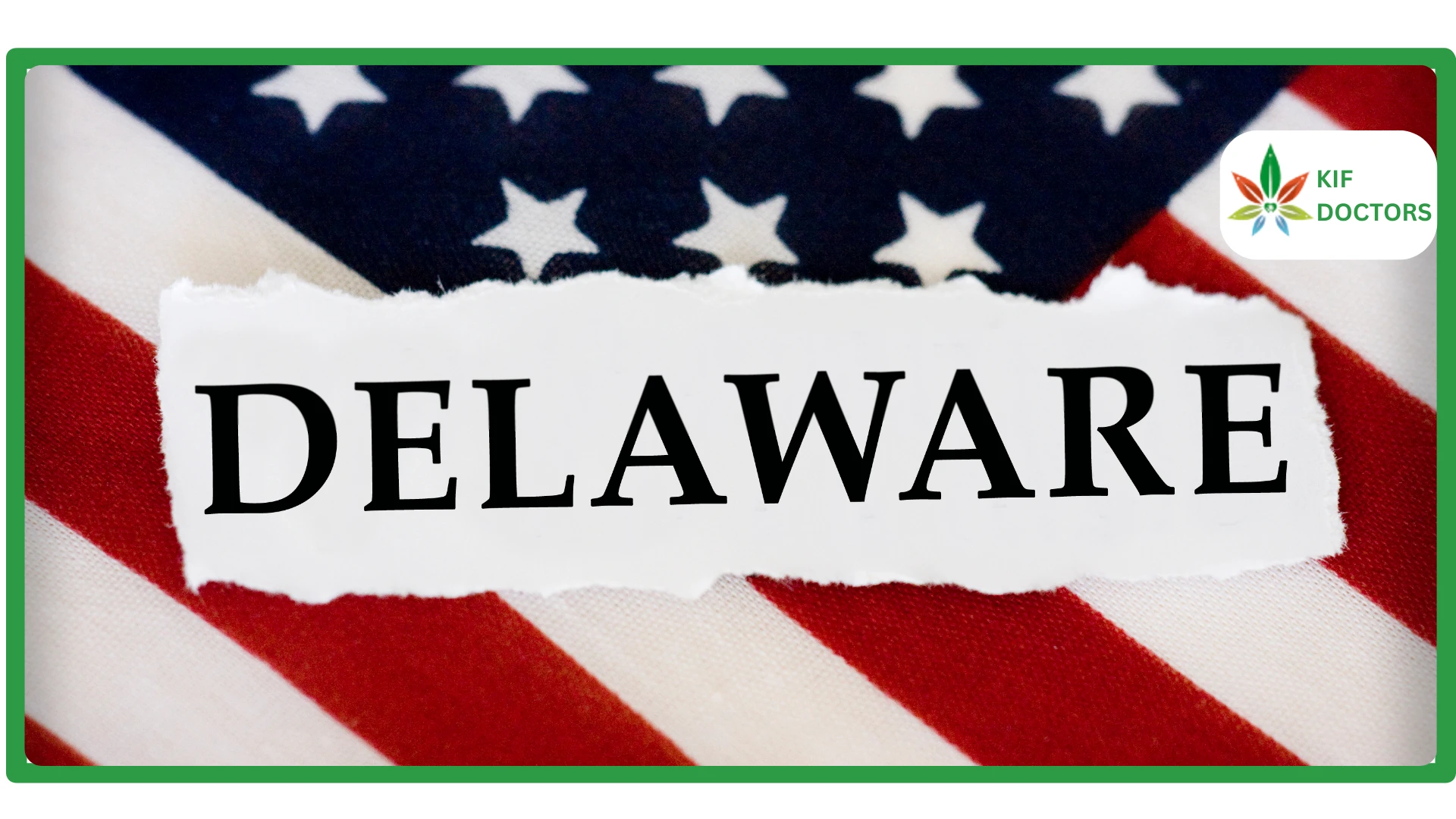Tulsa, Oklahoma, has emerged as a hub for medical marijuana since the state legalized it in 2018. With a thriving cannabis industry, supportive regulations, and a growing community of patients and entrepreneurs, Tulsa offers a unique landscape for those exploring medical marijuana. This guide provides a comprehensive overview of cannabis in Tulsa, covering the legal framework, how to obtain a medical marijuana card, navigating dispensaries, understanding products, and staying compliant with Oklahoma’s evolving laws. Whether you’re a patient seeking relief or a curious resident, this article equips you with the knowledge to engage with Tulsa’s cannabis culture confidently.
The Legal Landscape of Cannabis in Tulsa
Oklahoma’s medical marijuana program, established through State Question 788 in June 2018, transformed the state into one of the most progressive in the nation for medical cannabis access. Unlike many states, Oklahoma does not restrict medical marijuana to a specific list of qualifying conditions, allowing physicians to recommend it based on their professional judgment. This flexibility has led to over 381,000 registered patients statewide, with Tulsa as a major center for both patients and businesses.
The Oklahoma Medical Marijuana Authority (OMMA) oversees the program, managing licensing for patients, caregivers, growers, processors, and dispensaries. In Tulsa, the city aligns with state regulations, ensuring that licensed dispensaries operate legally and patients can access cannabis safely. However, recreational marijuana remains illegal, and possession without a medical card can result in legal consequences. Federal law also classifies marijuana as a controlled substance, meaning patients must exercise caution on federal property or tribal lands.
Recent legislative changes reflect Oklahoma’s efforts to refine its medical marijuana program. For example, new laws effective in 2025 mandate that the OMMA inspect at least 10% of licensed dispensaries annually, using secret shoppers to ensure compliance with product testing and labeling standards. Additionally, proposed bills aim to limit purchase amounts and regulate advertising to promote responsible use. These updates underscore the importance of staying informed about local and state regulations.
For the latest on Oklahoma’s cannabis laws, visit the Oklahoma Medical Marijuana Authority’s official website.
Getting a Medical Marijuana Card in Tulsa
Obtaining a medical marijuana card in Tulsa is straightforward, thanks to Oklahoma’s patient-friendly process. Unlike states with rigid qualifying conditions, Oklahoma allows doctors to recommend cannabis for any condition they believe it can treat, from chronic pain to anxiety or insomnia. This accessibility has made Tulsa a welcoming place for patients seeking alternative treatments.
Here’s a step-by-step guide to getting your medical marijuana card:
- Consult a Licensed Physician: Schedule an appointment with a doctor registered with the OMMA. Many clinics in Tulsa offer in-person or telemedicine evaluations. The doctor will assess your health and determine if medical marijuana is appropriate.
- Receive a Recommendation: If approved, the physician provides a signed recommendation form, which you’ll submit to the OMMA.
- Apply Online: Visit the OMMA’s online portal to submit your application, recommendation form, proof of Oklahoma residency (e.g., driver’s license), and a passport-style photo. The application fee is $100, with discounts for veterans or those on Medicaid/SoonerCare.
- Wait for Approval: The OMMA typically processes applications within 14 business days. Once approved, you’ll receive a digital card, valid for two years.
- Renew as Needed: Cards must be renewed every two years, requiring a new physician evaluation and application.
For those seeking a seamless process, services like Kif Doctors streamline the experience. Their platform connects patients with certified physicians for quick, online evaluations, ensuring you can Get Medical Marijuana Card Online Instantly. I always recommend going for a Medical Marijuana Card to access safe, regulated cannabis from licensed dispensaries.
Navigating Tulsa’s Dispensary Scene
Tulsa boasts a vibrant dispensary scene, with over 2,285 licensed retailers statewide, many concentrated in the city. From boutique shops to large-scale operations, dispensaries cater to diverse patient needs, offering products like flower, edibles, concentrates, tinctures, and topicals. Popular Tulsa dispensaries, such as The Groovy Cats and Freedom Cannabis, emphasize quality, customer service, and compliance with OMMA standards.
When visiting a dispensary, keep these tips in mind:
- Bring Your Card: You must present your OMMA-issued medical marijuana card and a valid ID to purchase products.
- Know Your Limits: Oklahoma law allows patients to possess up to 3 ounces of marijuana flower, 1 ounce of concentrate, and 72 ounces of edibles. A proposed bill may cap purchase amounts, so check for updates.
- Ask for Guidance: Budtenders are knowledgeable about strains, dosages, and consumption methods. Share your needs (e.g., pain relief, sleep aid) to find the right product.
- Check Certificates of Analysis: Reputable dispensaries provide lab reports confirming products are free of pesticides, mold, and heavy metals.
Tulsa’s dispensaries vary in ambiance and offerings. Some, like Stability Cannabis, focus on locally grown products, while others prioritize organic or vegan edibles. Exploring different shops can help you find a dispensary that aligns with your preferences.
Understanding Cannabis Products
Cannabis products in Tulsa come in many forms, each suited to different needs and preferences. Understanding the options helps patients make informed choices. Here’s a breakdown of common products available at Tulsa dispensaries:
- Flower: The dried buds of the cannabis plant, smoked or vaporized. Strains are categorized as indica (relaxing), sativa (energizing), or hybrid (balanced). Popular for its versatility and immediate effects.
- Edibles: Food or drink infused with cannabis, such as gummies, chocolates, or beverages. Effects take longer to onset (30–90 minutes) but last longer. Start with a low dose (5–10 mg THC).
- Concentrates: Potent extracts like shatter, wax, or oil, used for vaping or dabbing. Ideal for experienced users due to high THC content.
- Tinctures: Liquid cannabis extracts taken sublingually (under the tongue) for fast absorption. Great for precise dosing.
- Topicals: Creams, balms, or patches applied to the skin for localized relief (e.g., muscle pain) without psychoactive effects.
Cannabinoids like THC (psychoactive) and CBD (non-psychoactive) drive the effects of these products. For example, a patient with chronic pain might choose a high-CBD tincture, while someone seeking relaxation might opt for an indica-dominant flower. Always consult with a budtender or physician to match products to your needs.
Staying Compliant in Tulsa
Compliance is critical for patients and businesses in Tulsa’s cannabis industry. Oklahoma’s laws are designed to ensure safety and accountability, but they can be complex. Here are key rules to follow:
- Possession Limits: Patients can carry up to 3 ounces of flower, 1 ounce of concentrate, and 72 ounces of edibles. Exceeding these limits can lead to fines or jail time.
- Private Consumption: Cannabis use is restricted to private residences. Public consumption, including in vehicles or parks, is illegal.
- No On-Site Consumption: Dispensaries cannot allow consumption on premises, except in residential areas of a licensed property.
- Federal Restrictions: Medical marijuana is illegal on federal property, including national parks or tribal lands. Patients also face federal restrictions on firearm ownership, as noted by the ATF.
Businesses face additional regulations, such as mandatory product testing for contaminants and restrictions on advertising. For instance, a new law prohibits dispensaries from claiming cannabis is “safe or harmless” in marketing. Tulsa’s cannabis community, including growers and dispensary owners, continues to adapt to these changes, as highlighted in a recent PBS News article.
The Culture of Cannabis in Tulsa
Tulsa’s cannabis culture is dynamic, blending entrepreneurship, patient advocacy, and community engagement. Events like CannaCon, scheduled for April 12–13, 2025, in Oklahoma City, attract Tulsa residents for seminars and networking. Local dispensaries often host educational workshops, fostering a sense of community among patients.
The city’s diversity shapes its cannabis scene. From Native American growers to urban dispensary owners, Tulsa reflects a broad spectrum of perspectives. However, challenges like stricter enforcement and concerns about black-market activity have sparked debates about regulation. Advocates like Oklahomans for Responsible Cannabis Action push for reforms, including a proposed 2026 ballot initiative for recreational legalization.
For patients, Tulsa offers a supportive environment. Stories like that of Amanda Aguilar, who successfully challenged child neglect charges for using medical marijuana during pregnancy, highlight the state’s evolving stance on cannabis rights. These narratives resonate with Tulsans seeking natural remedies without stigma.
Health and Safety Considerations
Medical marijuana offers relief for many, but responsible use is essential. Start with low doses, especially with edibles or concentrates, to gauge your tolerance. Consult your physician regularly to monitor effects and adjust treatment. Be aware of potential side effects, such as dizziness or anxiety, particularly with high-THC products.
Safety extends to storage and transportation. Keep cannabis in secure, child-proof containers, and avoid driving under the influence, as it’s illegal and dangerous. Tulsa dispensaries prioritize lab-tested products, but always verify quality by checking certificates of analysis.
Frequently Asked Questions
Who qualifies for a medical marijuana card in Tulsa?
Any Oklahoma resident with a physician’s recommendation can apply for a medical marijuana card. There’s no specific list of qualifying conditions, so doctors have discretion to recommend cannabis for various health issues.
How much does a medical marijuana card cost?
The OMMA application fee is $100, with a reduced fee of $20 for veterans or those on Medicaid/SoonerCare. Physician evaluation fees vary, typically ranging from $100 to $150.
Can I grow my own cannabis in Tulsa?
Yes, with a grower’s license from the OMMA, patients can cultivate up to six mature and six immature plants at home for personal use.
Is recreational marijuana legal in Tulsa?
No, recreational marijuana is illegal in Oklahoma. Only medical marijuana is permitted for licensed patients.
Where can I consume medical marijuana?
Consumption is allowed only in private residences. Public use, including in dispensaries or vehicles, is prohibited.
Conclusion
Tulsa’s cannabis landscape is a testament to Oklahoma’s progressive approach to medical marijuana. With accessible card programs, a diverse dispensary scene, and a supportive community, the city offers ample opportunities for patients to explore cannabis as a treatment option. By understanding the legal framework, choosing quality products, and staying compliant, you can navigate Tulsa’s cannabis world with confidence. Whether you’re managing chronic pain or simply curious, this guide serves as your roadmap to engaging with Tulsa’s vibrant cannabis culture responsibly and effectively.
 Since 2021, Kif offers a streamlined platform to get a medical marijuana card online. We have served more than 45K patients across the United States. Sign Up Now to get the right to use medical cannabis for your health condition without any delay.
Since 2021, Kif offers a streamlined platform to get a medical marijuana card online. We have served more than 45K patients across the United States. Sign Up Now to get the right to use medical cannabis for your health condition without any delay.















